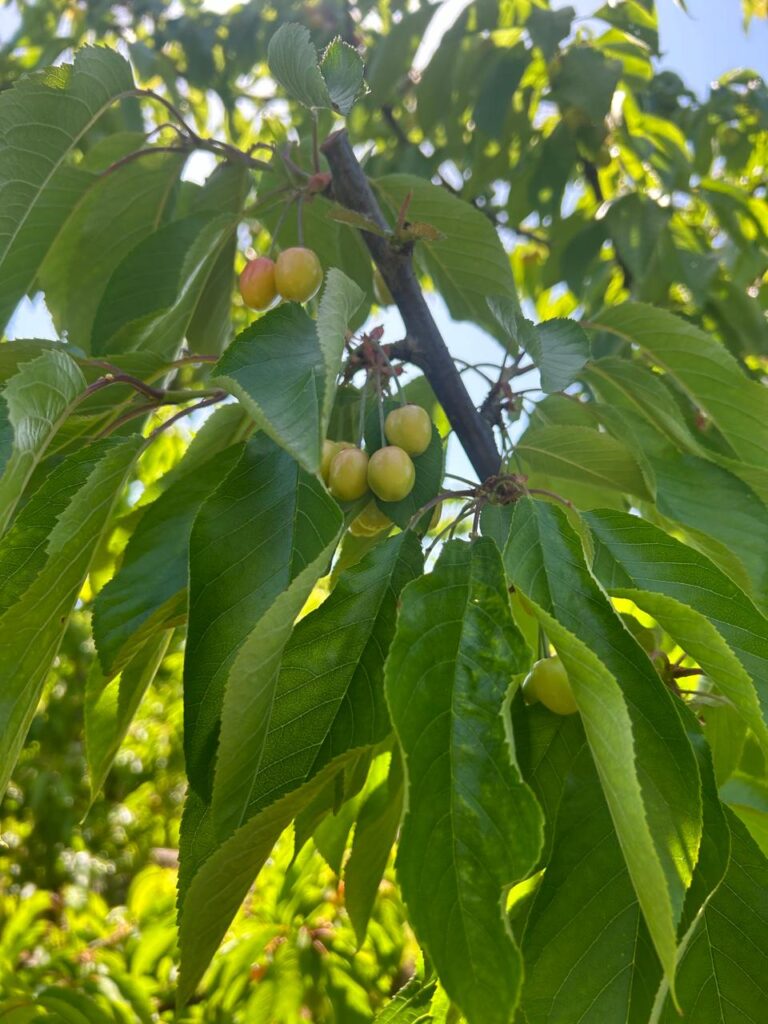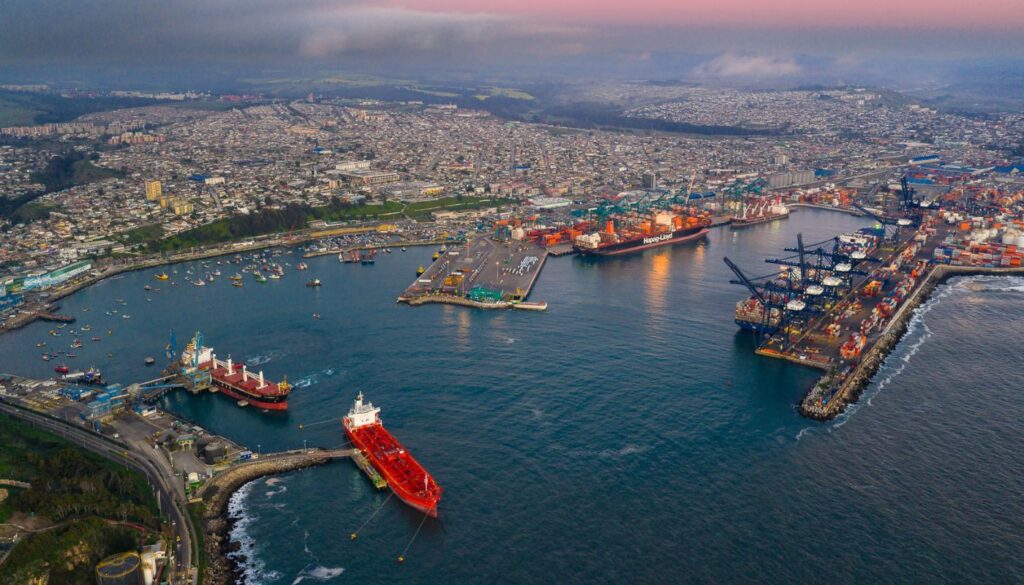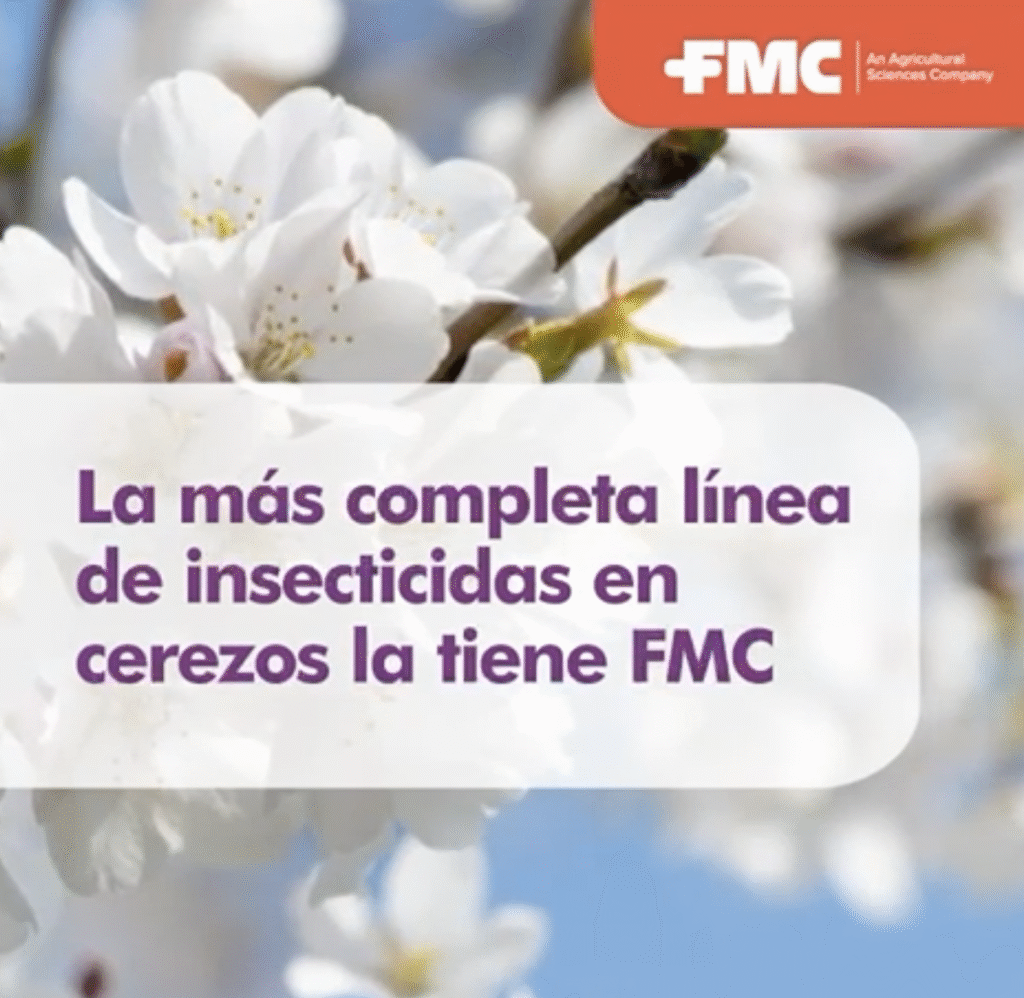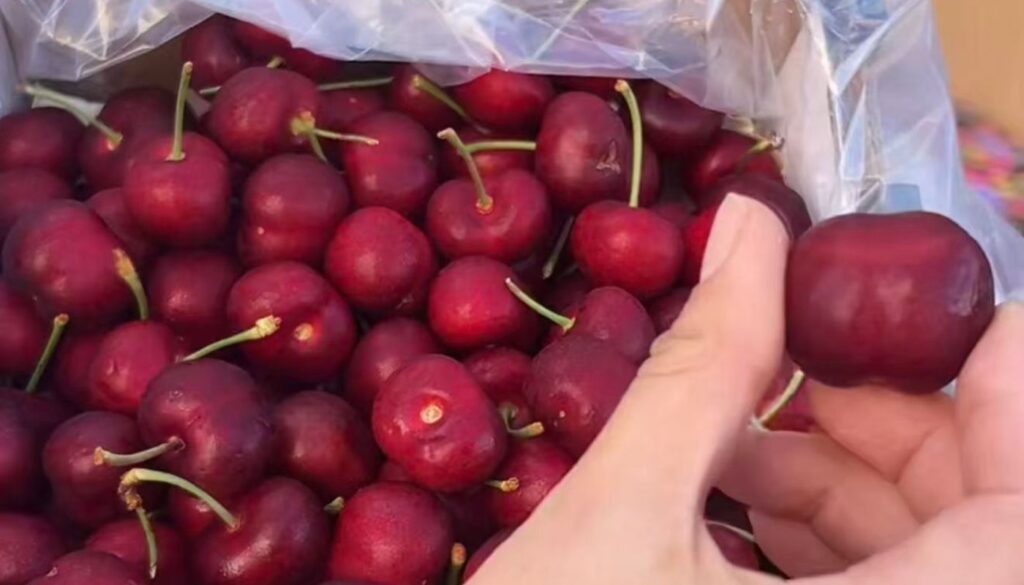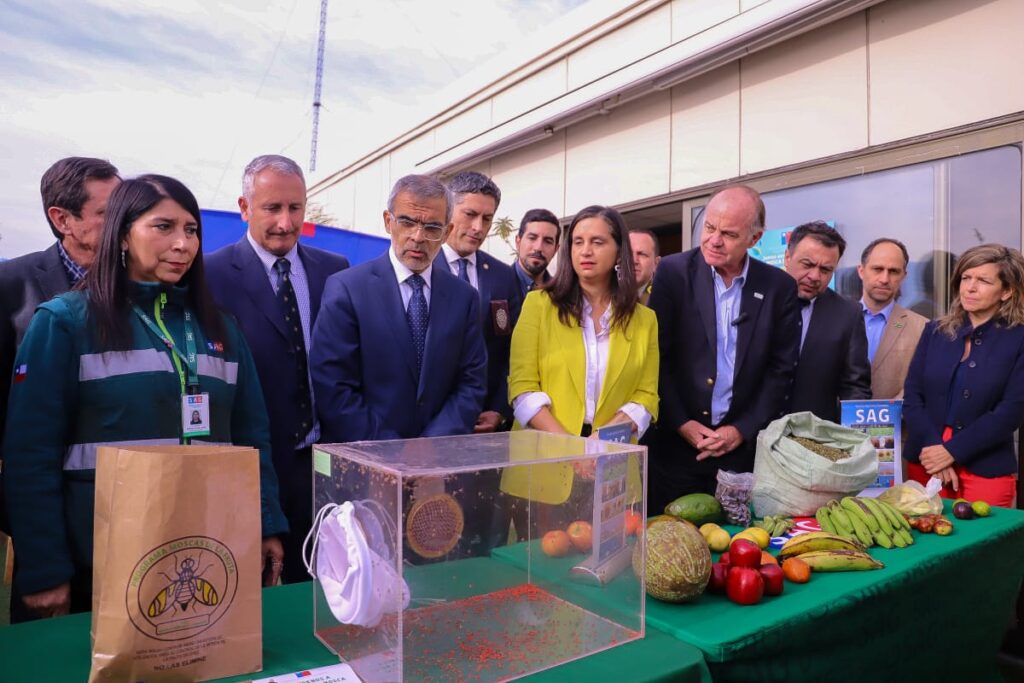The panel discussion addressed the development model and how the system needs changes to strengthen its vulnerabilities and adapt to new social and natural demands.
The seminar “Climate Change, Risk and Resilience in the Agricultural Sector” was held with great public participation, both in person and virtually. It was organized by the Office of Agricultural Studies and Policies and Agroinsurance, and with the collaboration of Corfo, the National Federation of Fruit Producers (Fedefruta) and the Tremendas Foundation.

This seminar addressed one of the most relevant issues in global affairs, such as Climate Change and the effects on the national agricultural sector, the risks that farmers have had to assume, and the tools they have had to use to get ahead in this current scenario.
The panel discussion addressed the development model and how the system needs changes to strengthen its vulnerabilities and adapt to new social and natural demands. Generate public policies to put food production at the center and make the whole society part of this process.
The importance of attracting new generations and involving youth in rural areas and food systems was also discussed.
The Minister of Agriculture, Esteban Valenzuela, apologized for not attending, however, he left a recorded video in which he valued this opportunity and called for continuing these spaces for dialogue on these issues that are so important for agriculture and rural areas.
Andrea García, director of Odepa, said: “This event sought to be a space for reflection on how we should approach public policies and how citizens and the private sector can contribute to facing the challenges posed by Climate Change. There are few spaces for reflection and it is important that in the face of a problem that is global, that significantly affects Chile, we can find solutions together. Today we reflected on whether it is possible to find solutions and we reached a consensus that it is necessary to seek changes in our development model, which will allow us to incorporate the negative externalities that are effects of production as another factor when making decisions.”

Alberto Niño de Zepeda, executive director of Agroseguros, said: “These types of seminars are important for the design of agricultural policies. In this instance, we invite people to talk about the future, about what is coming, what has to do with Climate Change, how we are going to face it from the agricultural sector, with actions and policies that encourage resilience. This discussion had different degrees of depth and a good conversation was created. I invite people to talk, in particular, about the concept of food sovereignty, so that we can reflect together with civil society, academia, the public and private sectors.”
Isis Riquelme, founder of Tremendas, said: “We have to be the generation that is given tools for adaptation, mitigation and resilience, because we are going to face the worst effects of Climate Change. Above all, for rural women and girls, who are fourteen times more likely to die in an extreme climate event, education and preparation for this is essential. We also have to encourage innovation in the territories and create solutions in the forestry and agriculture sector. In addition, we, the youth, are pushing for changes at a global level, from proposals, working at the level of public policies or in my world, which is entrepreneurship.”
Jorge Valenzuela, president of Fedefruta, indicated that: “It is very important for us to continue to advance in understanding climate issues, the new conversations that are taking place today in order to incorporate products such as insurance that are much more modern and in line with the current reality of Climate Change, and discussions that are still quite incipient in the agricultural world, we must begin to take charge. I found it important, interesting, innovative, and we will continue to support from the fruit sector.”
Dharma Gutiérrez, from the Environment Department of the Tremendas Foundation, concluded that: We participated in this seminar because young people want to be there, there is that motivation, especially in the environmental area. During the pandemic, we realized that food is important, without it all consumption structures change. The climate crisis is going to start taking away food and water from us, it is going to change our patterns. Therefore, as a society we have to talk about them. We have spaces, but the population does not know about it, which is why it generates rejection; these instances have to be disseminated.



